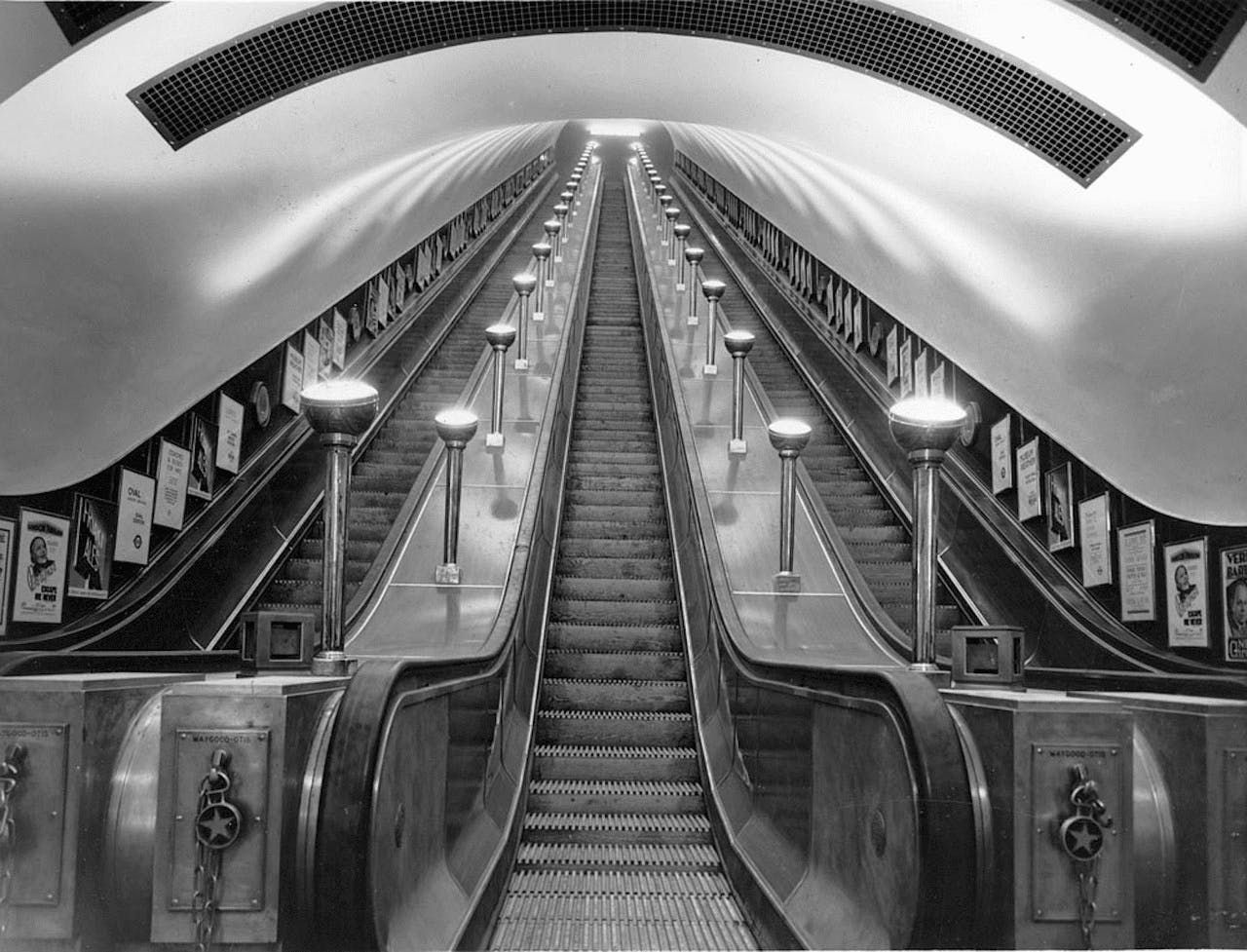
As you are studying developmental psychology - be it child development, career development, etc. - you'll run into both stage models and continuous ones. It's important to understand the differences between them.
Structural stage theories - such as Erikson's model of psychosocial development or Piaget's model of cognitive development - identify discrete periods or stages through which the individual must sequentially pass. If the individual doesn't complete the tasks or achieve the milestones associated with each stage, they experience a halt in their development. Stage theories are typically considered discontinuous because of this stair-step conceptualization. For instance, a child can't move to the pre-operational stage until they have completed the behavioral tasks and milestones associated with the sensorimotor one.
By contrast, continuous models imagine human development as gradual and cumulative. I picture a spectrum of color. We can't draw distinct lines where blue stops and purple starts; they blend into one another. Often, we use biological examples to illustrate continuous developmental perspectives. I can't identify a specific time when I grew from 3 feet and 11 inches to 4 feet, but my mom noticed the exact day I started showing signs of language acquisition.
What is the most difficult part of these models to understand? Does anything jump out at you?


